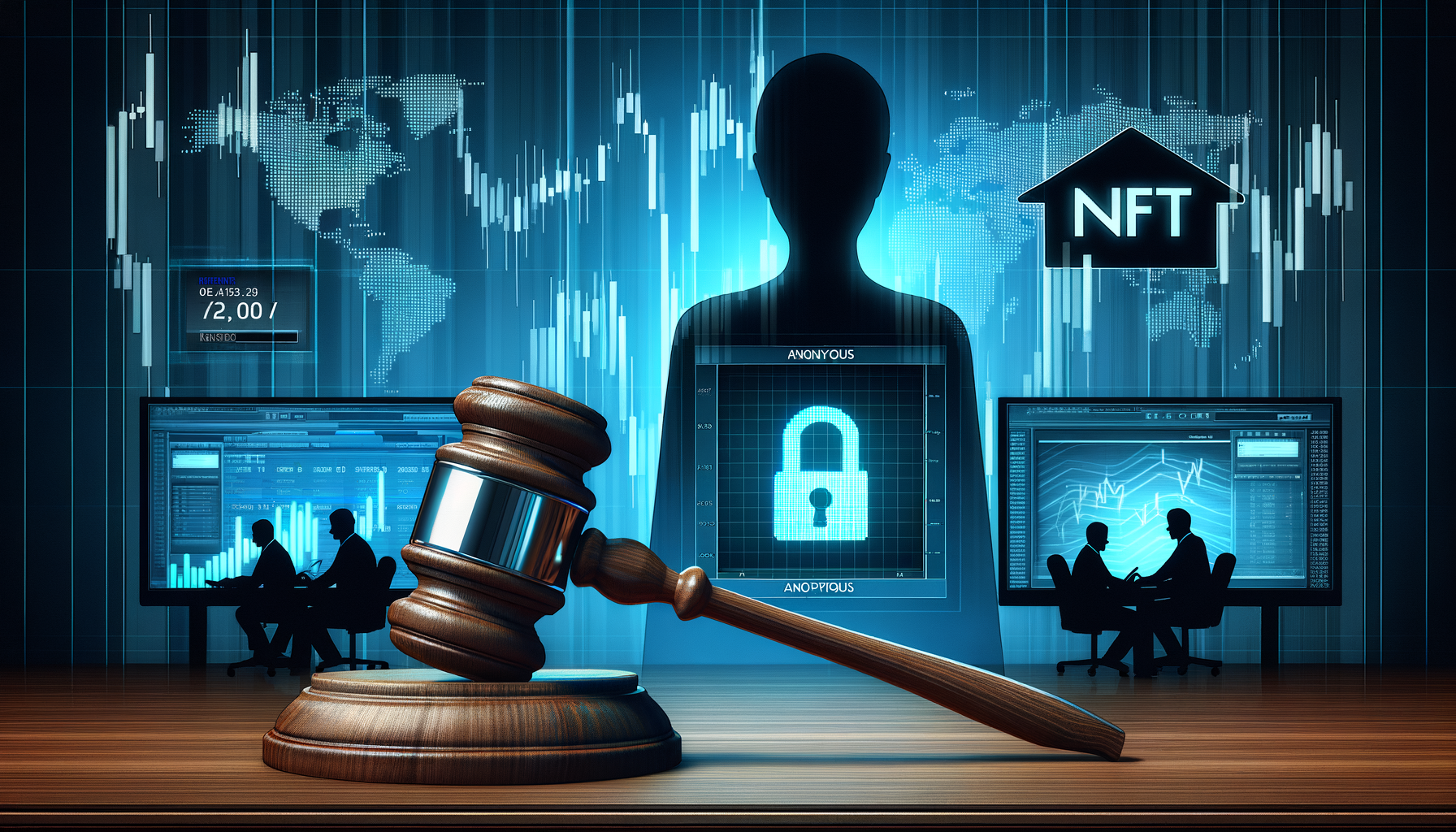Case Summary: Former OpenSea Employee Insider Trading NFTs
Issue: Whether the former employee of OpenSea engaged in insider trading by using confidential information to purchase Non-Fungible Tokens (NFTs) before they were featured on the OpenSea platform, thus benefiting from the increased value once they were promoted.
Rule: Insider trading is the illegal practice of trading on the stock exchange to one’s own advantage through having access to confidential information. Although NFTs are not traditional securities, the legal framework may consider the misuse of confidential information in a similar light to insider trading within the stock market.
Application: The former employee had access to confidential information regarding which NFTs were to be featured on OpenSea. By purchasing these NFTs before they were publicly featured, the employee could have been in violation of fiduciary duties and potentially applicable securities laws if the NFTs are deemed to be similar to securities.
Conclusion: If it is established that the NFTs can be treated like securities for the purposes of insider trading laws, and the former employee did use confidential information to inform their purchases, then the employee could be found guilty of insider trading.
Detailed IRAC Outline
I. Issue
A. Did the former OpenSea employee commit insider trading by buying NFTs with the knowledge of forthcoming promotion on the platform?
B. To what extent do securities laws and fiduciary duties apply to transactions involving NFTs?
II. Rule
A. Definition and elements of insider trading under securities law.
B. Applicability of securities laws to digital assets like NFTs.
C. Fiduciary duties of employees to their employer, including duty of loyalty and duty to refrain from self-dealing.
D. Any precedent or guidance from regulatory bodies on insider trading in the context of NFTs or digital assets.
III. Application
A. Facts Pertaining to the Accused’s Actions
- Evidence of the employee’s access to confidential information about upcoming featured NFTs.
- Documentation or proof of the timing of the employee’s NFT purchases relative to the public release of the information.
- Analysis of the price movement of the NFTs before and after being featured on OpenSea.
- Communication or actions by the employee that may demonstrate intent or awareness of the wrongdoing.
B. Legal Analysis
- Comparison of NFT characteristics with legal definitions of securities.
- Examination of whether the employee’s actions fit the criteria for insider trading.
- Evaluation of the duty of loyalty and whether it was breached by the employee’s conduct.
- Consideration of any defenses the employee may raise, such as lack of knowledge or absence of wrongful intent.
IV. Conclusion
A. Synthesis of the legal analysis with the facts of the case.
B. Determination of the likelihood that the employee’s actions constitute insider trading.
C. Consideration of the potential impact of the case on the treatment of NFTs under securities laws in the future.
Discussion
The case raises novel legal questions regarding the treatment of NFTs, which are not traditional financial instruments but may nonetheless be subject to similar legal and ethical standards. This outline frames the key questions and guides an in-depth examination of both the specific actions of the former OpenSea employee and the broader legal context. The conclusion will depend on the interplay between established insider trading laws and the emerging nature of digital assets.
